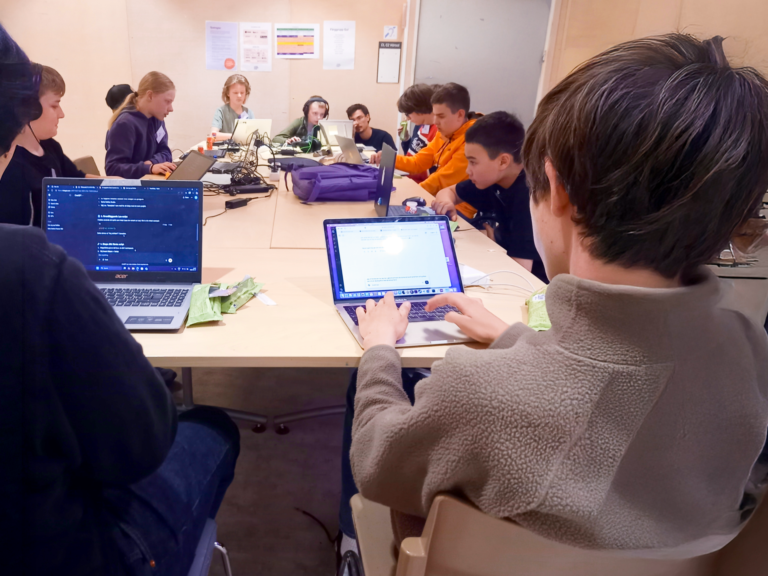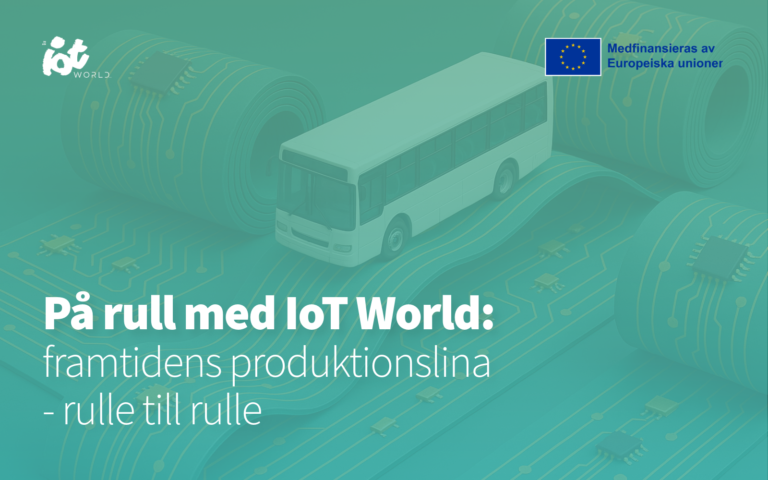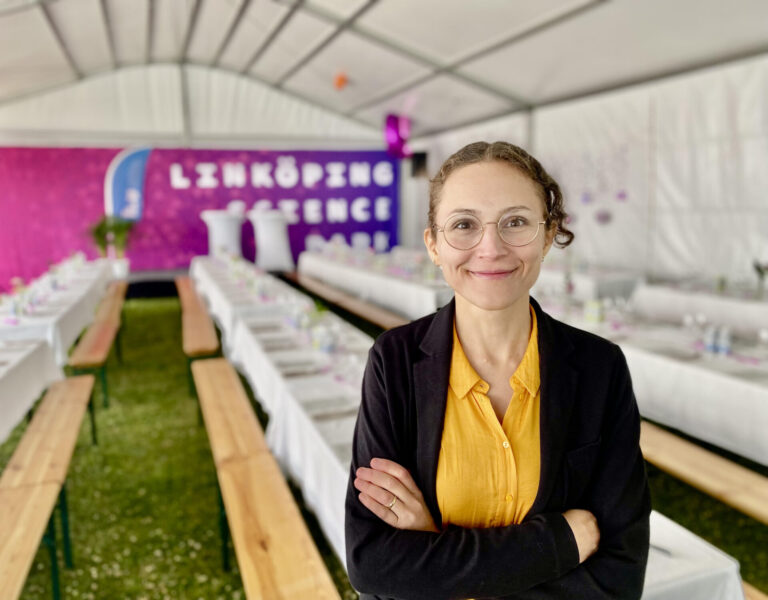Linköping Science Park and three companies in the Science Park participated in a delegation trip to India this week. Sweden’s Incubators and Science Parks, SISP, organized the trip together with Vinnova – Sweden’s Innovation Agency, Ignite Sweden, the Embassy of Sweden in New Delhi, and Business Sweden. Johanna Palmér, Chairman of the Board for DAZOQ AB, Mari Ahlquist from iMatrics, and Naveen Sasidharan from Worldish were the participating companies from Linköping.
India is one of the world’s largest and most populous countries and is often called the world’s largest democracy. One of the world’s first advanced civilizations arose here more than 5,000 years ago. Since 2000, the country has seen enormous economic growth, but despite this, it is characterized by inequality, and a large part of the population lives in poverty. India is a federation of states that can decide over areas such as education, healthcare, public transport, and agriculture. In addition, the country’s central government decides on areas such as foreign policy, defense, development planning, and currency.

A familiar image of India: a chaotic traffic situation. This is outside our hotel in Bangalore
The country has many political parties, but the Congress Party has been in power for most of the time since its independence. Since 2014, Narendra Modi, from a Hindu nationalist party, has been the Prime Minister.
A country packed with development and possibilities – but also challenges
The country is well positioned to remain the fastest-growing large economy in the world, despite the economic downturn triggered by the global pandemic, with a growth of 7.2 percent in 2021 and 6.7 percent in 2022, according to the United Nations Conference on Trade and Development.
The digital space in India is exploding with opportunities right now. The country has undergone a major digital transformation. The e-commerce market has seen exponential growth, especially post-covid, with online commerce expected to reach 37 percent of the total retail market by 2030. India has had the fastest growth of unicorns, VC investment, and business incubator ecosystem for startups. Edtech, health tech, and fintech are new growth areas for e-commerce. India overtook China and the UK with 26 new unicorns in 2021.

Naveen Sasidharan, Chief Operating Officer at Worldish, pitching at Artpark in Bangalore
There is also a significant push towards infrastructure growth and overhauling India’s key sectors, such as defense, aviation, space, and agriculture, through open FDI norms and policy changes.
There are currently over 200 Swedish companies operating in India. There is a clear political will to increase exchange between the countries. In 2016, Prime Minister Stefan Löfven visited India and, together with Prime Minister Narendra Modi, adopted a joint statement. In 2018, Modi visited Sweden, and a joint action plan and a joint innovation partnership were signed. In recent years, Sweden and India have signed several bilateral cooperation agreements in technical and scientific cooperation, defense, health, environment, renewable energy, sustainable urban development, and more.

Kids with smartphones asking for selfies in New Delhi. India has a huge and growing middle class with resources to purchase what they want. (Photo: Johanna Palmer)
Sweden is now building an infrastructure for further development of innovation exchange. For example, Vinnova finances exchanges, and on-site in India is the innovation council Per-Arne Wikström with the task of linking India and Sweden closer together for research and innovation. From Linköping’s horizon, Ericsson’s presence in India can also be highlighted. Including a global AI development center in New Delhi.
Linköping Science Park visits India together with startups
As part of laying the foundation for an expanded exchange between innovation environments, Vinnova, with the branch organization for Science parks and incubators in Sweden, SISP, has arranged a study trip to India for one week in December 2022. The intention was to build relevant networks on-site and matchmaking between Indian and Swedish innovation companies and startups. Three Linköping companies, Worldish, iMatrics, and Dazoq, participated together with Linköping Science Park representatives.

Mari Ahlquist, Co-founder & CEO, iMatrics, pitching at Artpark in Bangalore
The week was filled with visits to research institutes, clusters, incubators, and companies. In Bangalore, we meet, among others, Artpark. A big incubator that focuses on Ai and robotics. They impact on domains like digital and physical mobility, intelligent healthcare, education, and learning for an AI-driven world. Not just technology needs to be in place for society to benefit from digitization. The whole of society needs to change, not least in terms of learning and knowledge development.
The Bengaluru Science and Technology Cluster (BsST) connects different industry actors with a research-heavy perspective. Some areas in which they gather clusters are health, mobility, agriculture, quantum technology, and jet engines. BsST is one of several examples of actors accumulating qualified research and taking it into innovative applications.
An example of a private initiative that drives innovation and connects large companies with startups is Volvo CampX. Bengaluru is home to one of Volvo’s global centers for experimental innovation. With the help of partners worldwide, they are constantly looking for startups with knowledge in technology areas that can solve real-life problems. The needs are formulated by Volvo and are based on the company’s own business. Accepted companies go through a development process where they get access to development resources. Then, together with Volvo, a POC is developed, which can eventually lead to an actual commercial product for the startup.

The beautiful Campus at IIMB – Indian Institute of Management Bangalore also hosts an Incubator that gives us a very modern impression during our visit.
In New Delhi, we met, among others, the Amity Incubator Center and the Indraprastha Institute of Information Technology. Sustainability, state development, mobility, AI, and life science are some areas that are high on the agenda. Here, as well, we are struck by the size of the market and the high level of how to work with innovation. Both representatives from India whom we meet and Swedes with expertise describe how in just 5-10 years, India has developed enormously in these areas and today is making very interesting contributions both at the policy level and in the practical work of driving innovation and development forward.
A country as big as India is facing enormous challenges on a gigantic scale. Yet, at the same time, development is speedy. Technology maturity, access to a highly trained workforce, and insights into what collaboration and cross-disciplinary solutions can mean are palpable in many of those we meet. Sweden and India are different in many ways, but we have much to learn from each other.

At the Sweden-India Business councils conference on economic partnership between the two countries Mr Gagan Singh, manager director of AstraZeneca India, gave a speech
– This trip has given me a lot of knowledge about India as a market and many good ideas for how we should continue our international expansion, says Mari Ahlquist, Co-founder & CEO at iMatrics. We are currently present in 8 countries and plan to keep expanding.
For Linköping Science Park, the delegation trip means an opportunity to offer our companies entrance to India. Networks, financing opportunities, and knowledge that we will take on both with the companies that participate here and spread further.
– I am going home from India with two concrete business cases, says Naveen Sasidharan, Chief Operating Officer at Worldish. The network that originates during this type of trip, both between the Swedish participants and the Indian actors we meet, is a kick-start when looking at a new market. India has many problems that need to be solved. By collaborating and cooperating with India, I think we can solve these problems on an unimaginable scale and create an impact in many folds. Possibilities are limitless with such a booming economy.

Despite the strong economic development, this is still a common scene on the streets
India is a priority country for Sweden’s innovation exchange. This was not least noticeable in the activities on this delegation trip. With the Swedish Minister for Foreign Trade Johan Forssell, we visited Ericsson in New Delhi. In addition, the Sweden-India Business Council arranged the Sweden-India Economic partner conference where high-profile representatives such as Marcus Wallenberg, Carl Bildt, Leif Eriksson, and Business Sweden’s CEO Jan Larsson participated, together with high-level representatives from India.

We also visited Ericsson in New Delhi. Together with Sweden’s new Minister for International Development Cooperation and Foreign Trade, Johan Forssell.
The work to create opportunities for companies interested in India continues. Several calls for funding research and innovation will come from, among others, Vinnova. During Sweden Innovation Day in May, the exchange with India will be in focus. Hopefully, several of the interesting actors we met during this trip will also participate there. For the companies in Linköping Science park and researchers, this means several opportunities to approach or deepen the Indian market. At the beginning of next year, we plan to arrange a lunch seminar to share more about the conclusions from the trip and share experiences and opportunities ahead. We will publish information about that seminar on our site as soon as the date is set.
If you want to know more before that, don’t hesitate to contact Fredrik Larsson at Linköping Science Park: fredrik.larsson@linkopingsciencepark.se

